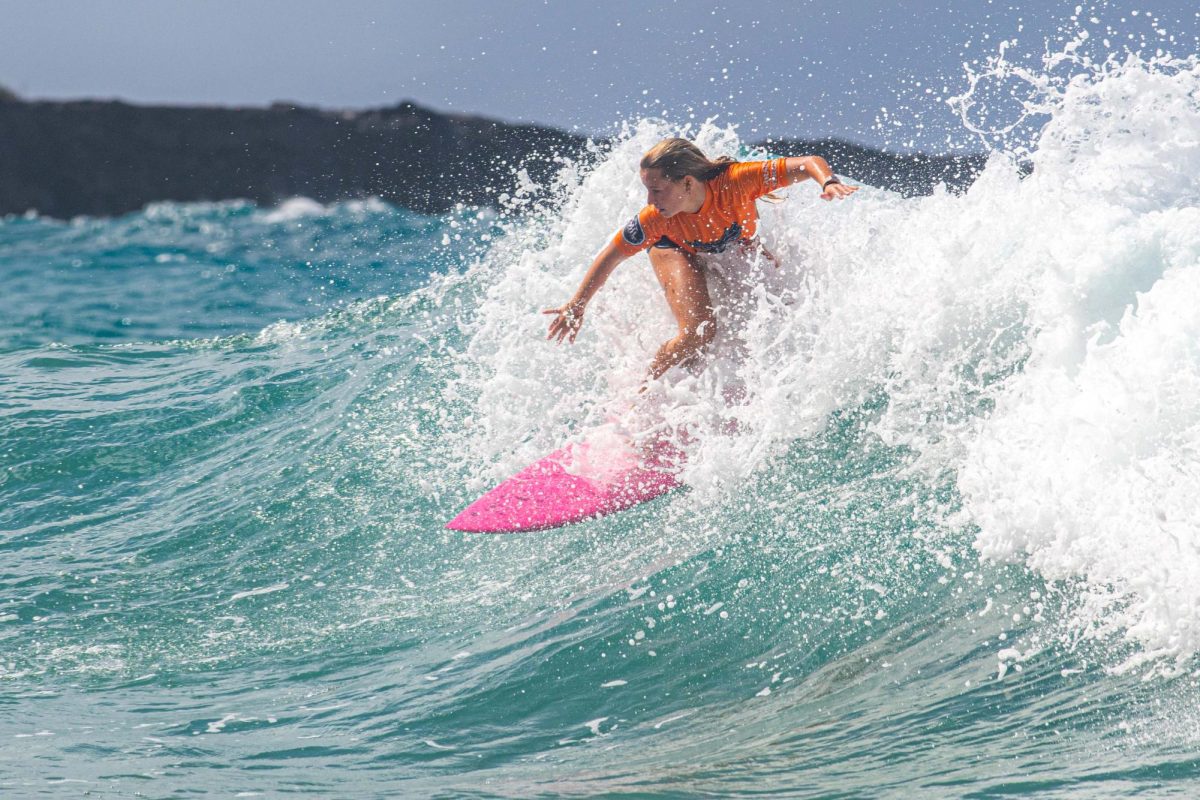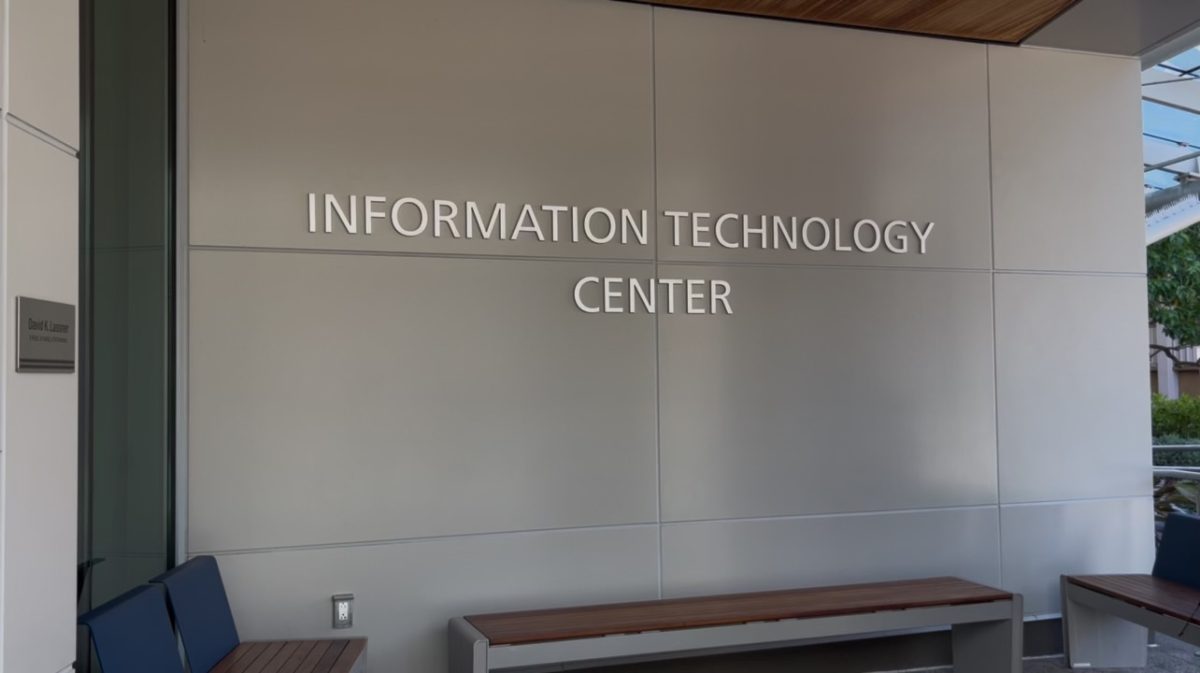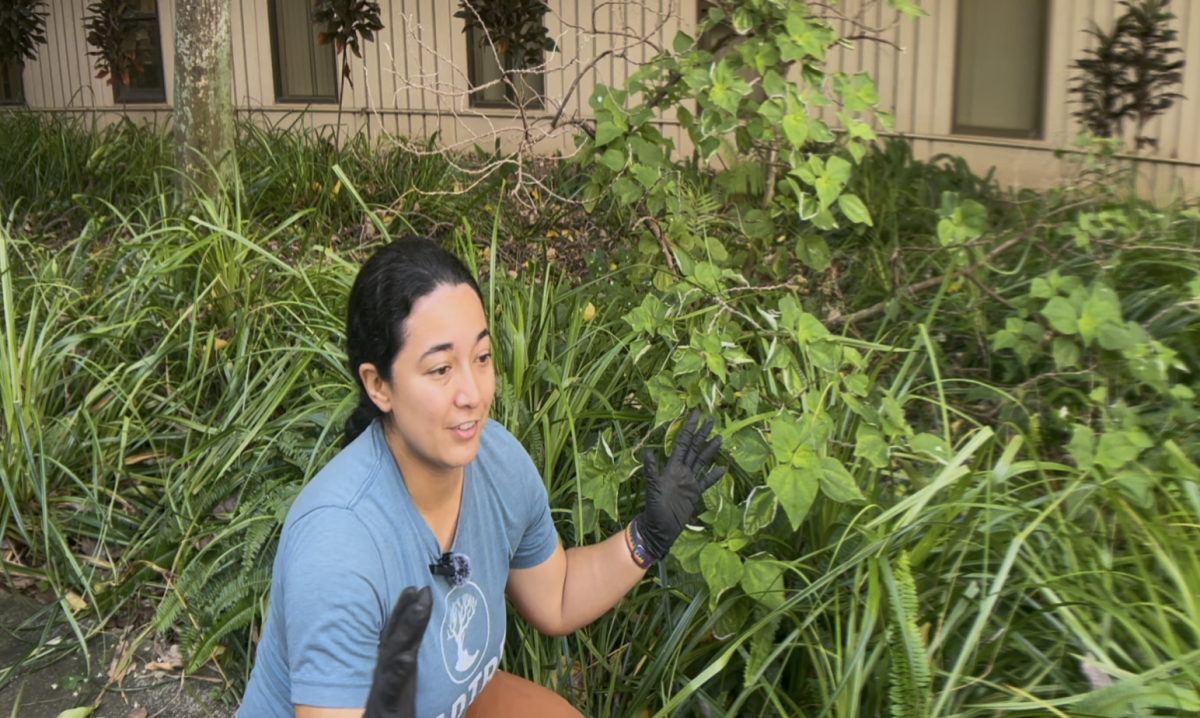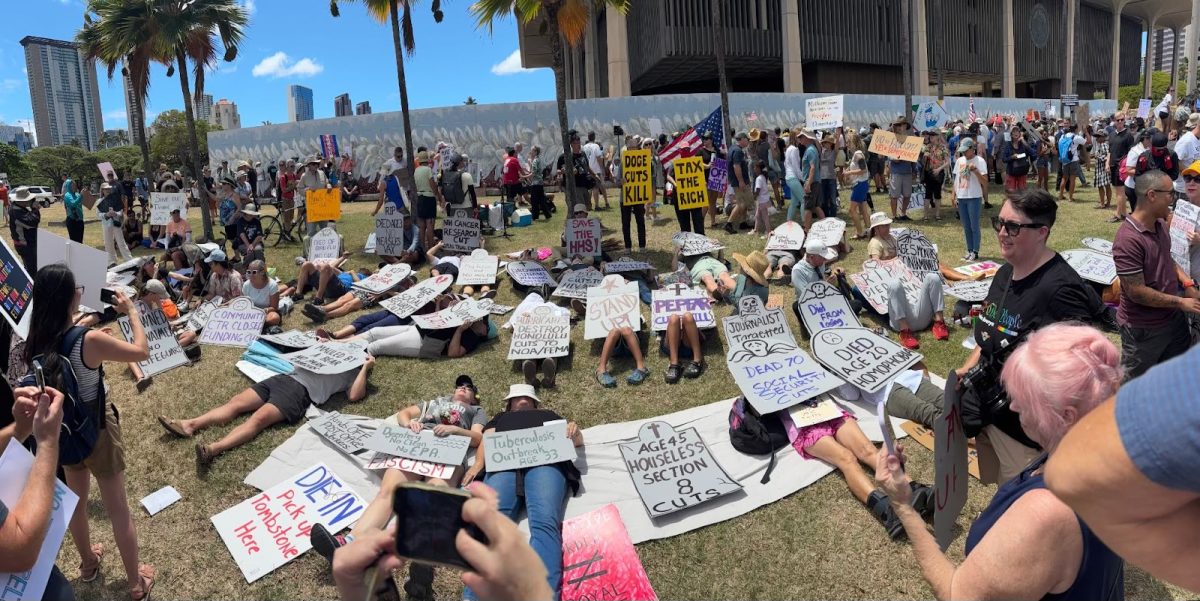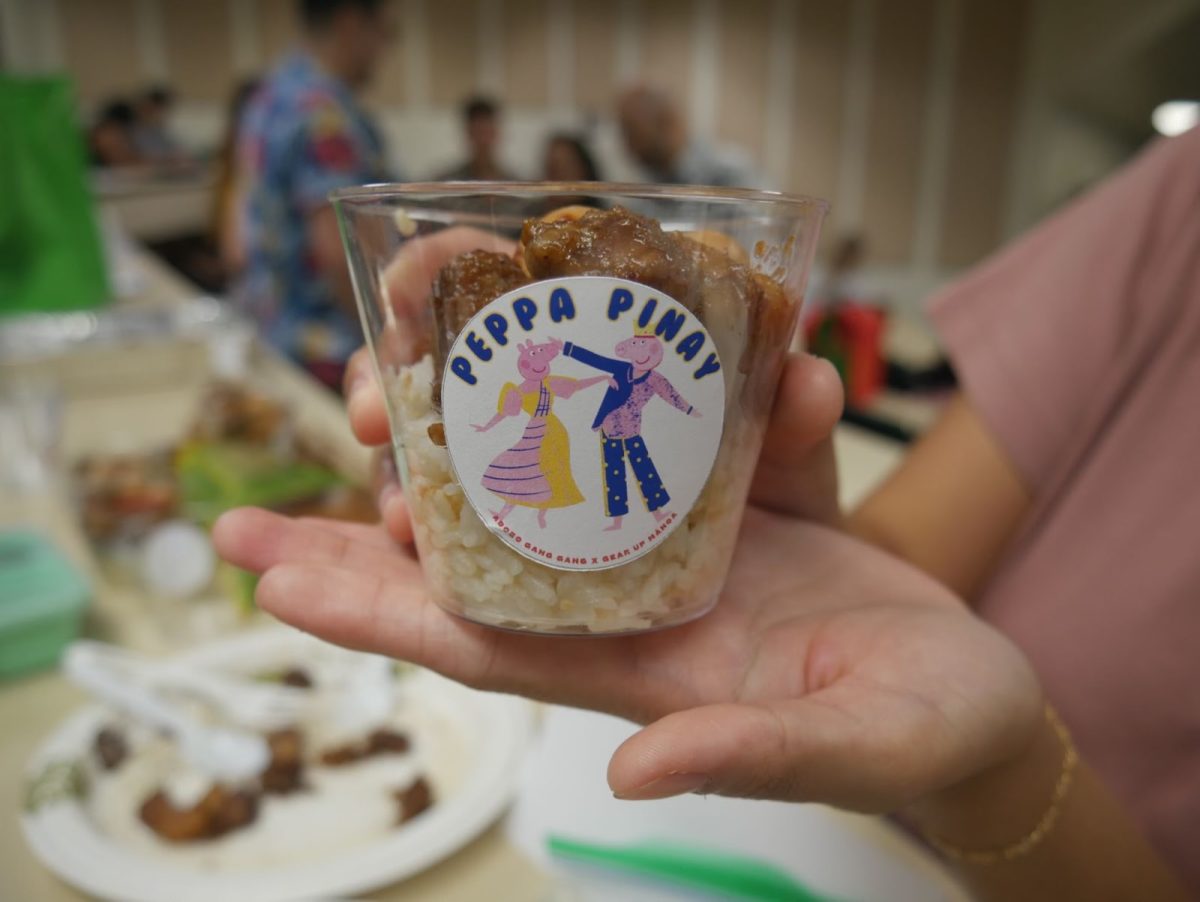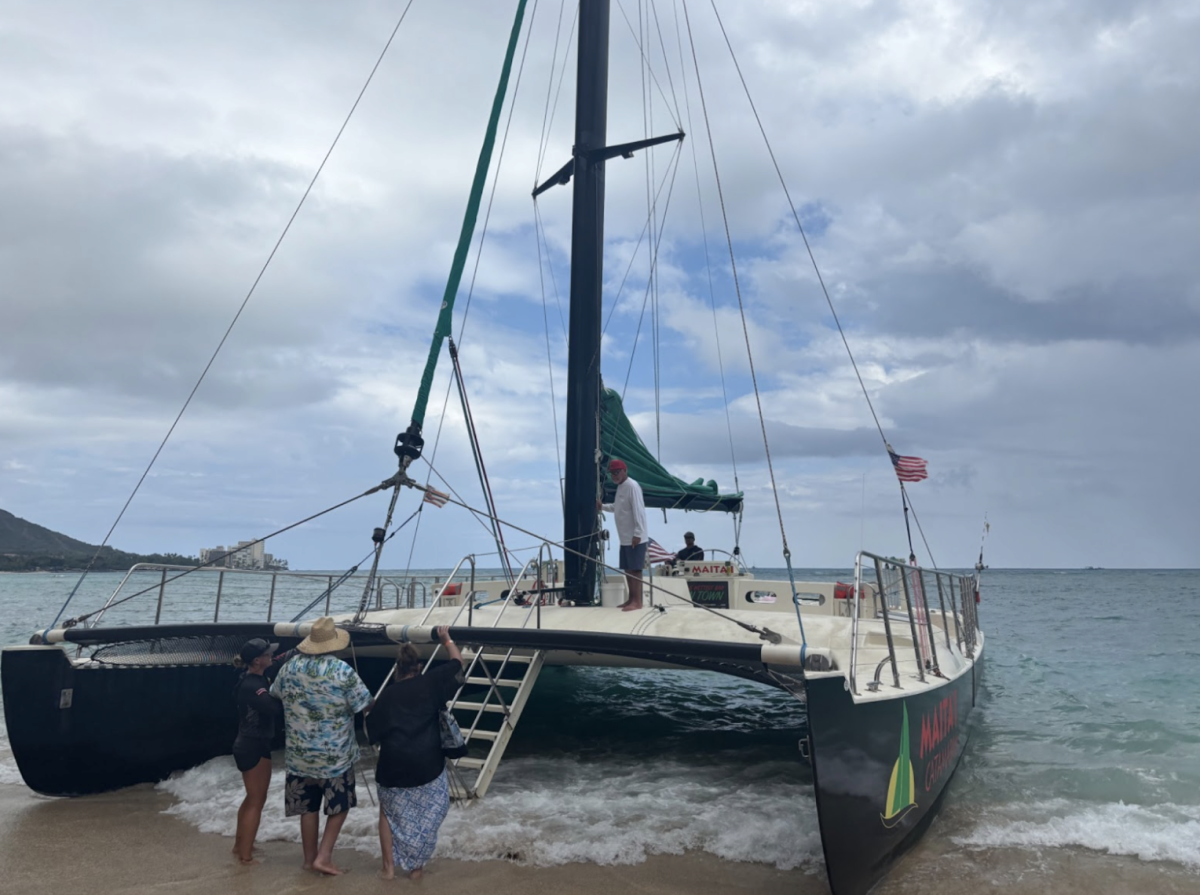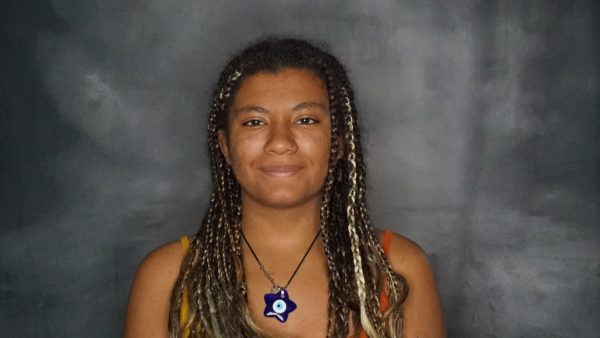Tsofit Ohayon was convicted of fraud and theft in 2020 and served three and a half years at the Women’s Community Correctional Center, but because of training she received in prison she now works as a Paipai Mentor at Windward Community College where she tutors students in Chemistry and Math and is also pursuing an associate’s degree at Windward Community College.
“Who would have thought that now I’m a straight-A student in math and science, but that’s what happens when you give people options,” Ohayon said. “If it wasn’t for education (in prison), I don’t think I would be where I am today.”
To prompt more stories like Ohayon’s, and less recidivism, the Women Prison Project wants more education, less incarceration for female prisoners in Hawai’i. The group therefore has proposed to legislators House Concurrent Resolution 160, which expands rehabilitation programs to offenders convicted of nonviolent charges.
HCR 160 requests that the Women’s Corrections Implementation Commission develop a well-founded strategy and that it make specific recommendations to the legislature each year for more education programs. It also suggests more collaboration with community-based programs, such as those addressing drug and alcohol treatments, mental health and job training. More than 85 percent of the women in the facility have no violent offenses on their records, according to the proposed legislation.
The concurrent resolution also suggests collaborations with the Department of Corrections and Rehabilitation, Department of Human Services, Department of Health, Department of Education, Office of the State Public Defender and Hawaiʻi Paroling Authority.
The Women’s Prison Project — founded in 2021 by former politicians, business leaders and prison reform advocates — supports the rehabilitation of women within the state’s criminal justice system.
“Our goal is to reduce the women’s population at the prison by 25% by 2029,” from about 200 inmates to about 150, said Linda Lingle, a former Hawaiʻi governor and a founding member of the project. “We want to have not just the percentage reduction but in what time frame? And this resolution does both of those things.”
Rep. Sonny Ganaden (D-House District 30, representing Kalihi, Kalihi Kai, Ke‘ehi Lagoon and Hickam Village) helped to introduce the concurrent resolution and is a supporter of the Women’s Prison Project. He considers rehabilitation as a helpful objective for prisons, especially in terms of its disproportionate impact on marginalized communities.
The Women’s Prison Project is “pushing for important measures,” Ganaden said. It combats “mass incarceration and the unfortunate history of the drug war, which over-incarcerated communities across America and disproportionately affected poor people, people of color and indigenous communities.”
Windward Community College student Ohayon started her turnaround in the prison’s Higher & Continuing Education program. She is pursuing an associate’s degree in engineering and natural science, with aspirations of ultimately obtaining a master’s degree in quantum physics.
Prison environments typically are not “conducive to positive change,” Ohayon testified during a Corrections, Military and Veterans committee hearing on the resolution earlier this month. They instead put “people in a situation to be more stressed out, have more bottled up emotions, and then they adapt to a hostile manner. … People believed in me. They saw the potential in me. And there’s a lot of potential and a lot of really good people in there that made really bad choices. They are stuck in that cycle, and we have to help them to get out of that.”


